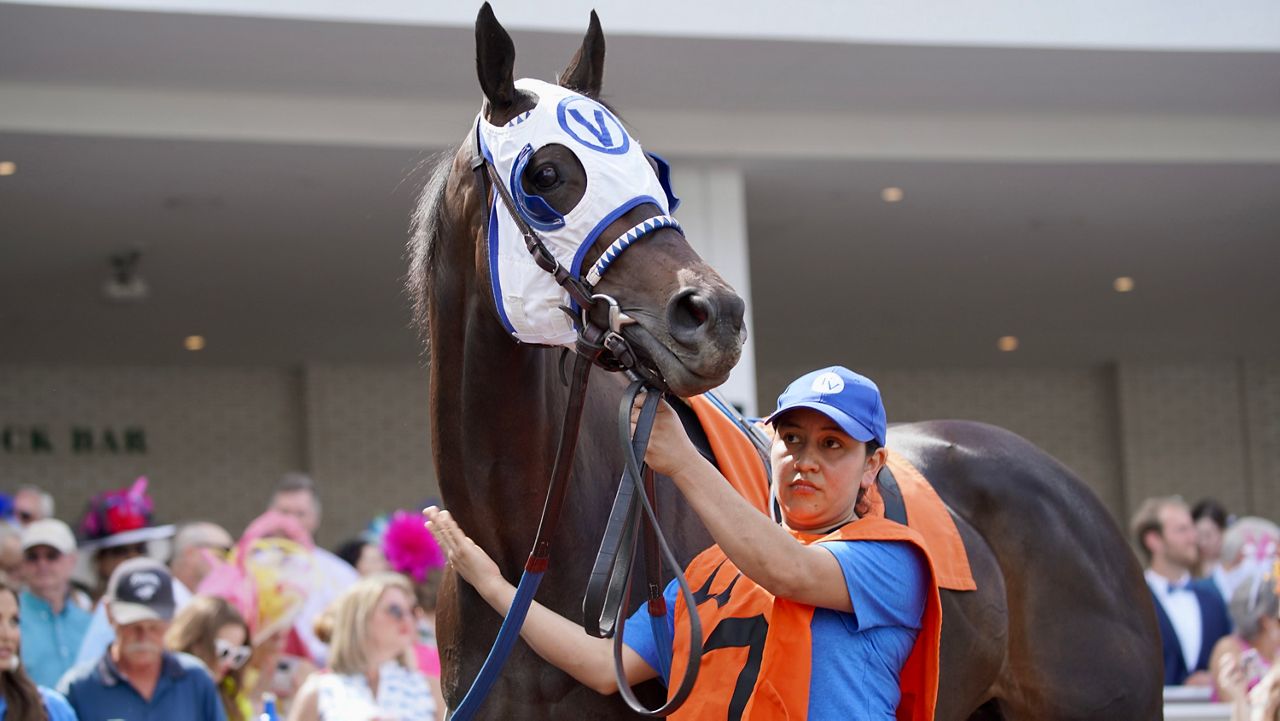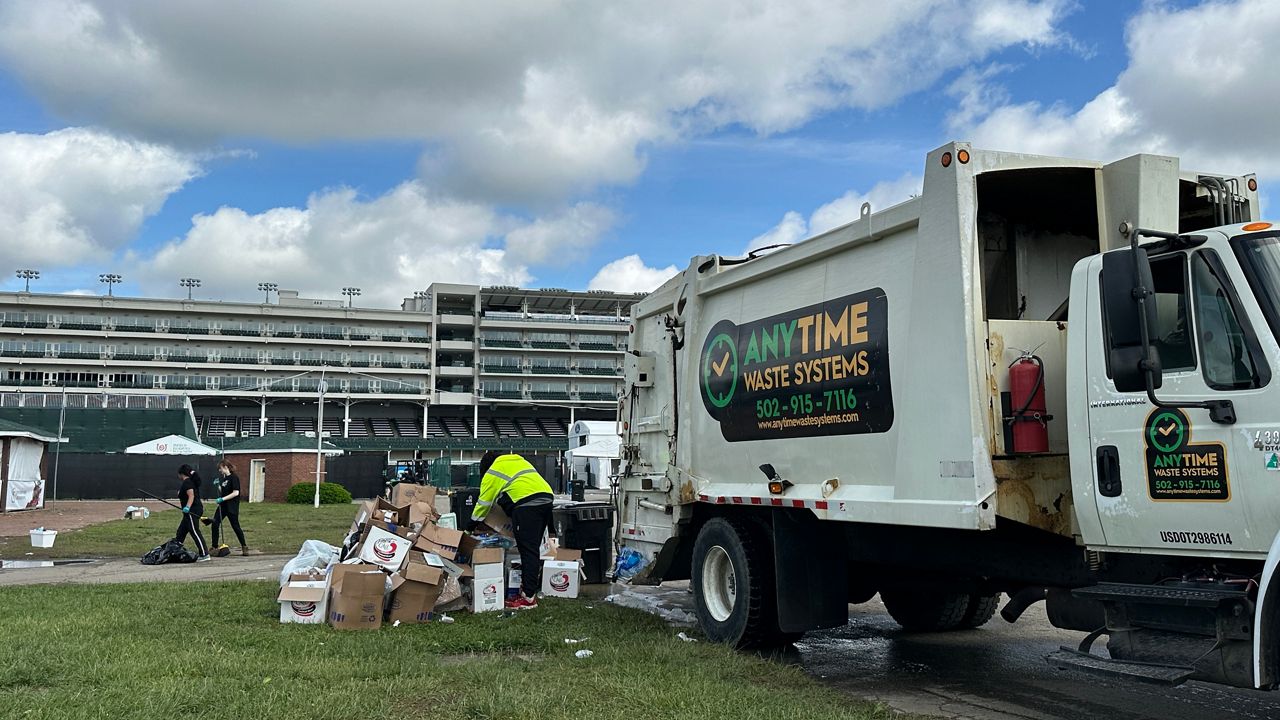LEXINGTON, Ky. — An investigation by the welfare unit of horse racing’s federal oversight authority accuses the equine analytical chemistry lab at the University of Kentucky of failing to comply with testing standards and misrepresenting its ability to test for specific substances.
Tuesday’s release of results from a six-month probe by the unit and the Horseracing Integrity and Safety Authority (HISA) also says the university's lab did not perform confirmatory analyses of 91 samples at the direction of then-director Scott Stanley, then reported them as negative. A re-examination has reconciled all remaining potentially affected samples, the report added, and seeks repayment from the school for non-compliance.
A separate release from the school says it is looking to fire Stanley, currently a tenured professor in its Martin-Gatton College of Agriculture, Food and Environment (CAFE). Stanley was removed as director of the Equine Analytical Chemistry Lab in March, which differs from his faculty role, after launching an internal investigation of his management the previous month.
HISA and the Horseracing Integrity and Welfare Unit also met with the school around that time over concerns about management and customer service. Kentucky's probe found that Stanley reported a test result to a client when the lab had not tested the sample in question.
“We appreciate our partners HIWU and HISA bringing forth concerns so that we could investigate the problem and act decisively to take corrective action,” said Martin-Gatton CAFE Dean Nancy Cox.
UK named Cynthia Cole, as acting director of the EACL. Cole immediately addressed operational deficiencies and communicated with clients and other industry stakeholders. The university is also in active discussions with private parties about a potential partnership or acquisition of the testing lab.
The university has referred the matter to UK Police for further review of any possible criminal wrongdoing.
“Given the serious breach of ethics and policy violations, we have now initiated the process to revoke Stanley’s tenure as a faculty member, with the intention of terminating him as a university employee,” said Cox. “In accordance with university rules and regulations, and working with the university’s Provost, we are preparing a specific set of findings that will be presented as part of a case to revoke Dr. Stanley’s tenure.”
Cox said the university is in talks with HISA regarding reimbursement for any tests that were billed but were not performed. The university has reinforced to HISA and HIWU UK’s commitment to advancing the health and safety of the horse.
HIWU director Ben Mosier said it was “proud” to have uncovered and halted unacceptable practices that were unfair to horsemen and put horses at risk. HISA CEO Lisa Lazarus thanked the university for cooperating and credited its anti-doping and medication control program for enhancing the sport’s integrity and fairness.
HIWU plans to implement HISA lab accreditation on Jan. 1 to ensure compliance with ADMC requirements and bolster its negative sample exchange program, the release added.







